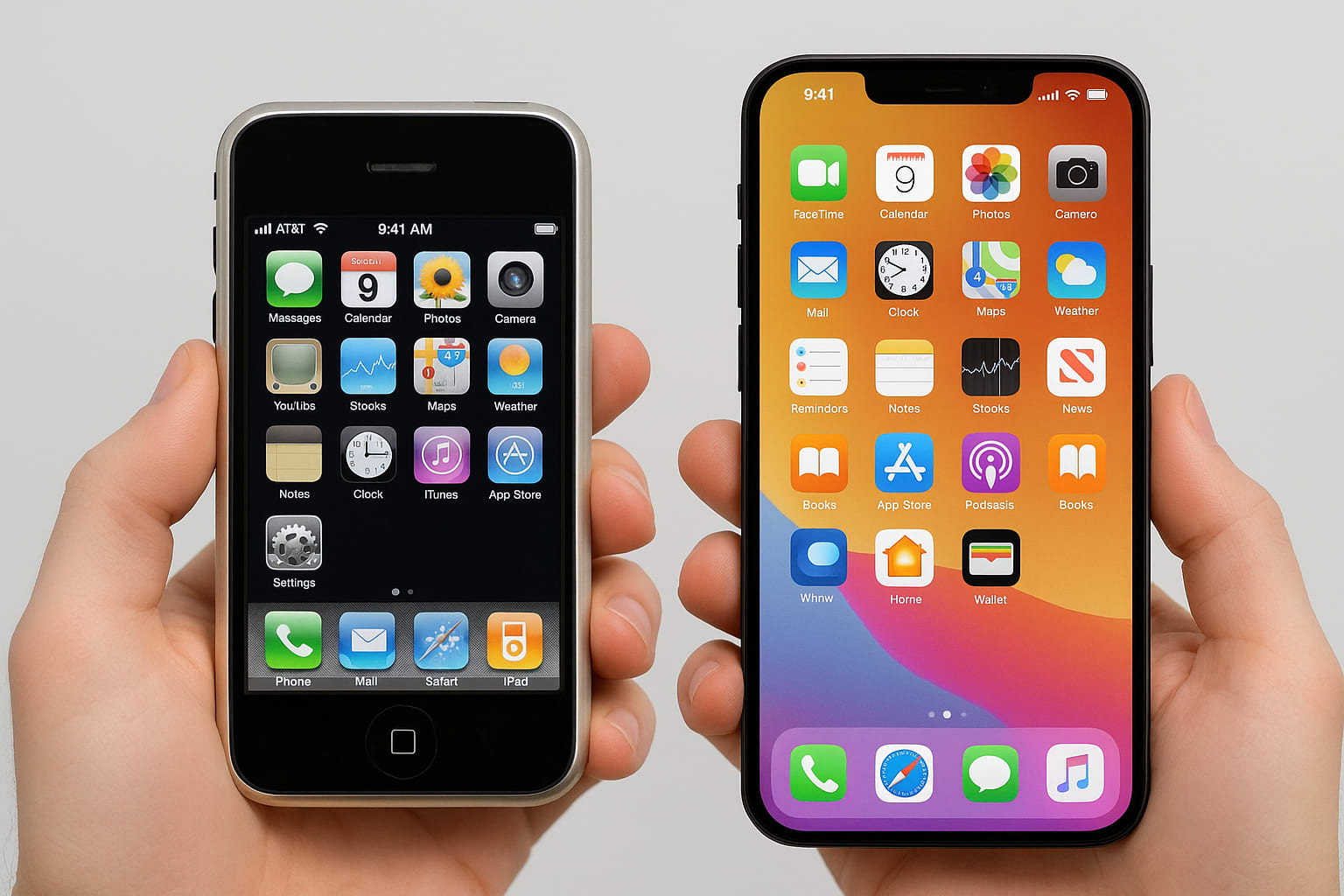Mumbai: An analysis of 3,675 women in Mumbai’s slums, all of whom experienced some form of violence, found a strong correlation between cell phone access and improved mental health. The analysis was conducted by the Society for Nutrition, Education and Health Action (SNEHA), a non-profit working in areas of gender and healthcare. Among women survivors who experienced improved mental health, 63% had access to a mobile phone, 25% had received crisis intervention and 14% had support from a clinical psychologist.
“Mobile phones can empower survivors by connecting them to support networks and helplines. The survivors can hear and look through different educational or motivational resources online,” explained Dr Nayreen Daruwalla, director for SNEHA’s programme on Prevention of Violence Against Women and Children. “They can also facilitate the use of personal coping mechanisms to escape violent situations,” she said.
The average age of survivors was 35. Nearly 45% of them had experienced domestic abuse and an equal number had experienced intimate partner violence (see box).
The COVID-19 lockdown created a particularly vulnerable situation for many women trapped in abusive households. One such instance involved a homemaker from Santacruz who, in desperation, made a missed call to SNEHA’s telephonic helpline. A volunteer promptly returned her call, and the woman, in a state of obvious distress, pleaded for assistance before giving her address and abruptly hanging up. Acting swiftly, SNEHA counsellors, in conjunction with local police, immediately went to the woman’s home, where they uncovered a horrifying situation. The woman, living within a joint family, was enduring extreme forms of domestic violence. This abuse included being starved, denial of access to essential menstrual hygiene products, confinement at all times, and forceful shaving of her head. “The cumulative effect of this brutal treatment had left her completely isolated, cut off from any outside support,” explained Vandana Singh, coordinator for SNEHA,
Dr Daruwalla emphasized the vulnerability of women in slums. “In informal settlements, most women live in a constant state of worry when it comes to their survival. Due to deprivation and unsanitary conditions, women in slums are already at higher risk for mental health issues,” she said.
Bhiwandi-resident Aanchal experienced intimate partner violence from the first day of her arranged marriage at age 17. She was beaten every day, sometimes resulting in marks on body and bleeding. The torture continued when she was pregnant, with neither her in-laws nor her father supporting her. Twice, she attempted suicide.
A chance encounter with a SNEHA volunteer led her to seek help. Counselors said she had severe depression and anxiety. Through multiple sessions, her confidence was rebuilt. Aanchal eventually left her husband and got legal support.
Cell phone access key to improved mental health of abused survivors

Visited 1 times, 1 visit(s) today

